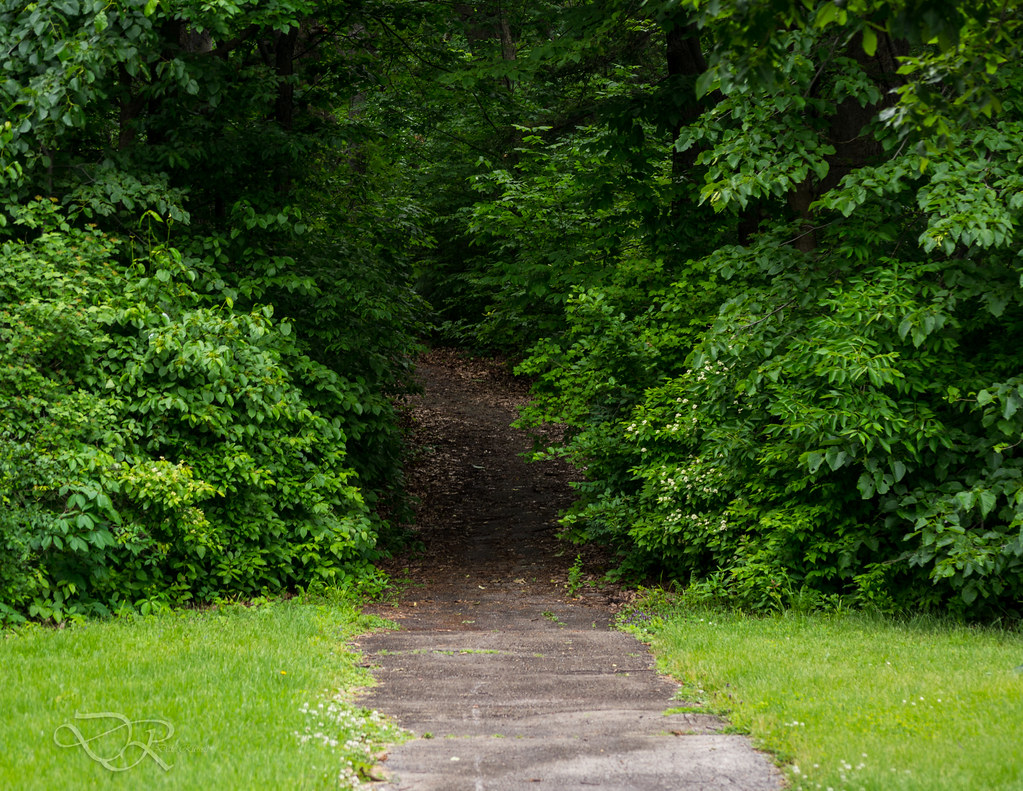Pathways

"The Pathway" by acidicDR is licensed under CC BY-NC-ND 2.0
If you work in PreK-12 education and even beyond, pathways are something we are often talking about as they relate to children and youth. Learning pathways or trajectories come up as we think about what students need to know or be able to do to be continually successful in a discipline or in honing a set of skills or practices. There is increasing conversation about the pathways available and accessible for young people, particularly those from non-dominant communities, and how learning opportunities can stifle or nurture, respectively away or towards certain disciplines.
I am thinking a lot about pathways in my current research work - that is thinking about how teachers came to see themselves as (or not) as comfortable with science as a discipline. In a paper I'm working on, I illustrate how past learning experiences, particularly those formative experiences in teachers' K12 education had substantive implications for their identities in relation to science. However, we also observed how being part of a professional learning community engaged in doing science together started to create new pathways- one where teachers felt excited about looking through a science lens at their everyday PreK practices. (More to come on this... hopefully a draft is going to be submitted to a journal soon!)
There are no exact steps to become anybody - we all have different pathways. However, lately I have been noticing, across disciplines, from computer science to literature, to art, to science, that there seems to be a broader conversation about being prepared for these uncertain pathways. Whether you are thinking about 21st century skills, the practices of computational thinking (cf Wing, 2006; Pea & Grover, 2013), science as a practice (cf Furtak & Penuel, 2018), etc. there seems to be a return (again?!) to practice- to finding ways to solve problems, sift through data, use the right tools (be it a pencil or a computer program), to design thoughtful solutions. However, despite this, as I was made painfully aware of a few weeks ago when I was teaching a PD session on computational thinking - first on teachers' minds was the PSSA (Pennsylvania state assessments). They wondered out loud ... "when will we fit these things in? they seem nice, but they aren't tested..." The testing culture seems not just a roadblock but has the potential to wholly re-route someone. If you are bored in class, never given the chance to do expressive work, to solve meaningful problems, to question your world, then you might think... this isn't for me.
Pathways. We need to find ways to move forward. We need to remove the roadblocks.